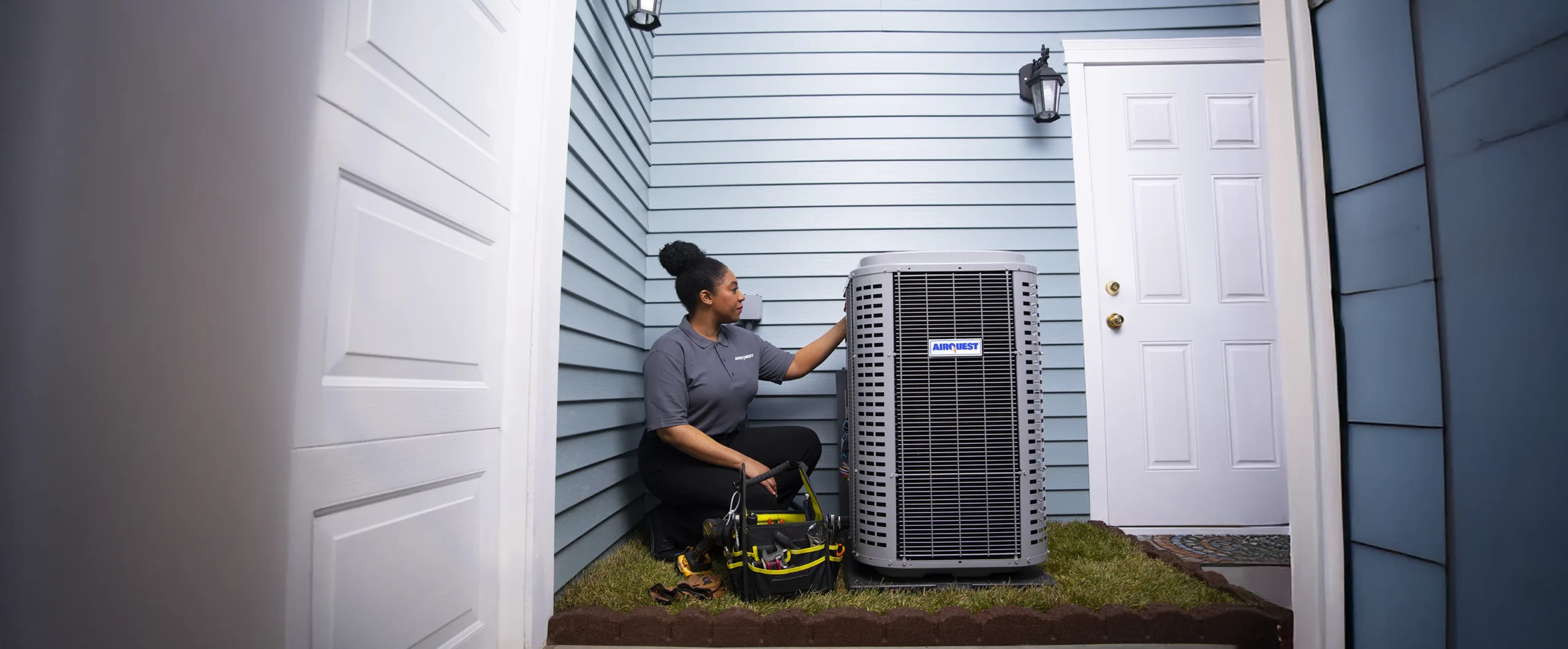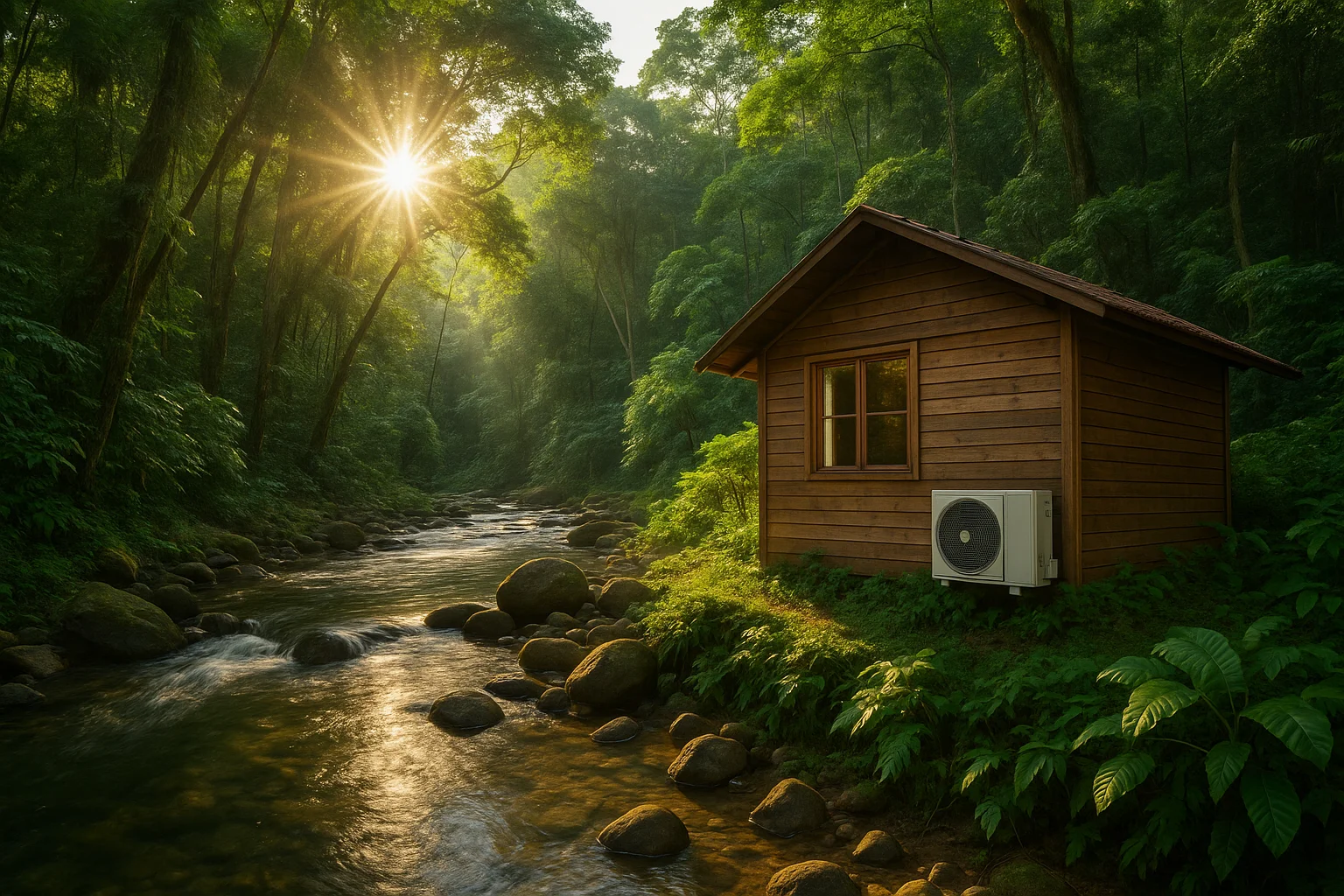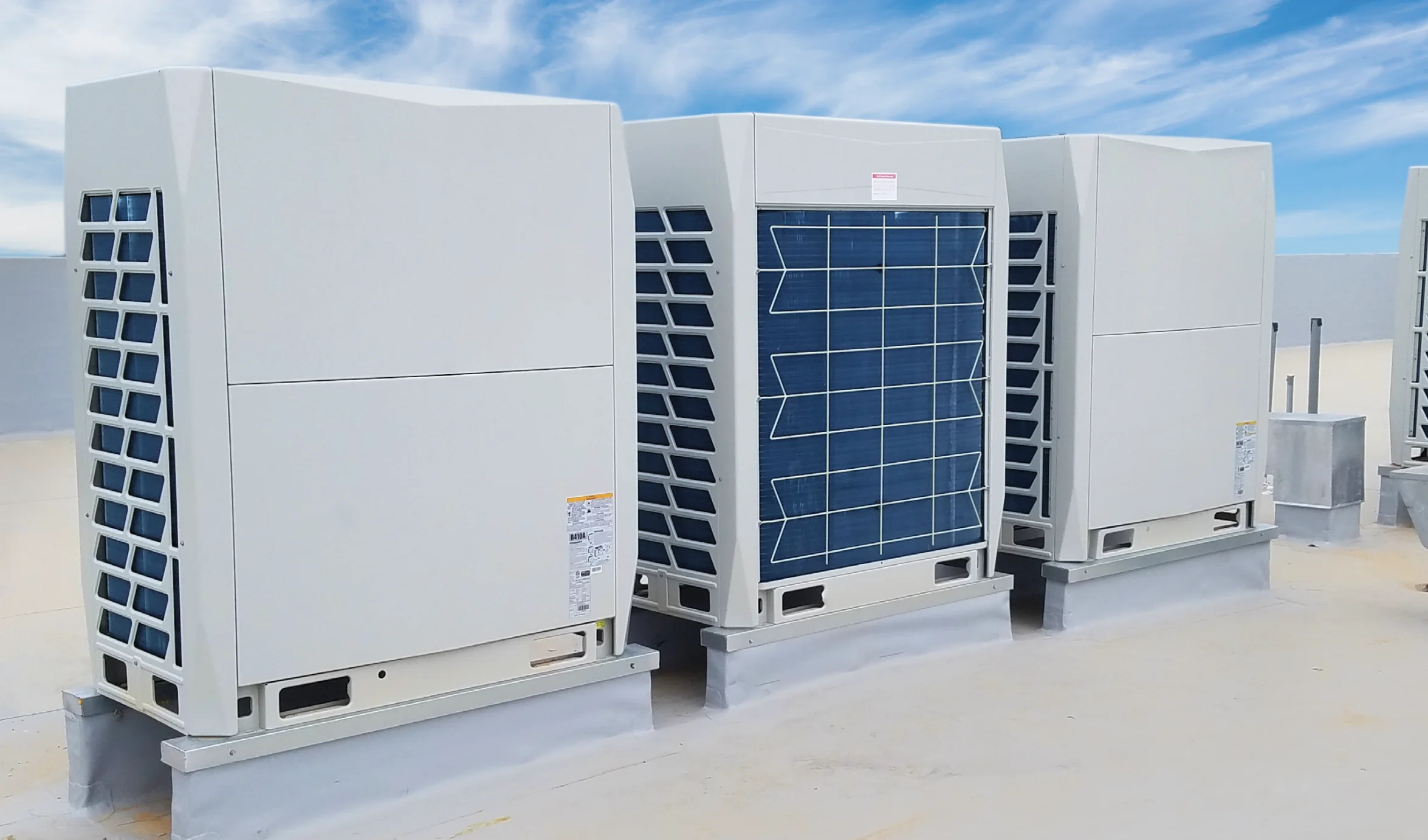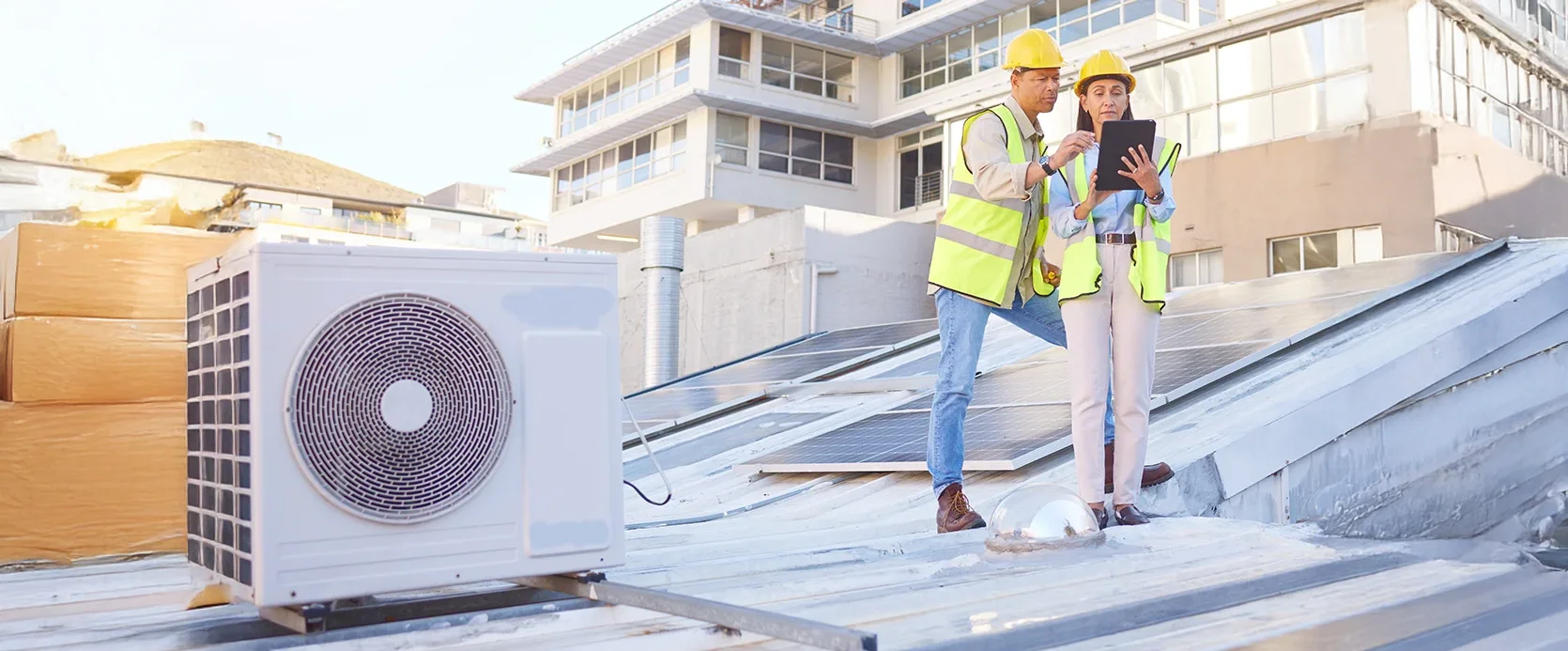Whether you use natural gas, propane, or heating oil for your boiler and furnace, this winter might be quite expensive. Depending on the fuel you use and where you live, you may be able to save money with heat pumps and reduce your overall heating expenses by installing modern HVAC equipment.
Prices are rising and will most certainly continue to rise. The cost of heating fuels such as propane, natural gas, and heating oil is expected to rise by at least 33%.
Rising energy prices reflect a worldwide energy crunch, as recovering economies struggle to scale up their output quickly enough after delaying capital investments.
Extreme weather patterns have also resulted in relatively low renewable energy generation in certain places, aggravating the shortages. If you’re concerned about your winter heating bills, there may be more you can do to protect yourself. Blocking up poorly insulated places and replacing your furnace filter won’t do much for you.
Ductless heat pumps are getting a lot of attention these days. They are prevalent in European houses for a long time. More and more Canadian homeowners are installing this highly efficient heating option as well.
The question is, how much can they actually save? An electrically heated house saves 50-60% on average. The calculation is simple: an electric baseboard provides 1 kWh of heat for every kWh of electricity consumed. A heat pump system produces 3 kWh of heat for every kWh of electricity consumed.
Heat pumps use electricity to operate, but they are far more efficient than the electric resistance heating systems in fighting with the winter weather. Most households are familiar with space heaters and baseboard heating. Heat pumps redistribute heat that is already present in the outside rather than immediately turning electrical energy into heat using electric resistance heating or converting heat from fossil fuels through combustion.
When comparing oil, gas, or wood heating sources, the age and thus efficiency of the furnace must be taken into account. Other factors that influence expected energy savings of the heating equipment are the energy rating of the heat pump, the size of the home, wall insulation, room temperature settings, occupancy, and the layout of the house.
According to a study of air to air (A2A) heat pumps in Canadian cities, replacing an oil or gas furnace can provide households with long term energy savings anywhere between 57 to 81 percent. This is remarkably significant, and it’s no wonder that more and more people are looking for houses that have these features.
Heat pumps are a tested technology that can be installed in a single day. They work well as a supplement to electric baseboard heaters or existing oil or gas furnaces. To supplement hydronic heating systems, wood stoves, or electric baseboard heaters, you might consider a wall-mounted mini split unit.
When compared to other kinds of heating, installing a heat pump is very affordable. While your monthly energy bill is instantly lowered, it takes an average of 1-5 years to return the initial investment cost. Savings depend on the size and use of the mini split system.
Technological improvements in recent years have resulted in the development of cold climate air source heat pumps. They use R-410A refrigerant to transfer heat from the outside (even at -30°C air has a heat content) inside your house. This means that free heat energy is harvested right at your home. Heat pumps save money because they produce more heat energy than they consume: 1 kWh of electric power is converted into 3 kWh of heat.
Ductless heat pumps can be simply integrated into your home. Furnaces require central ductwork, and boilers distribute heat through radiators. Ductless heat pumps require only a small outside area for the compressor and a short copper pipe connections to the indoor units (evaporators). They can provide heating or cooling to each room.
Ductless heat pumps are a popular choice among consumers. They eliminate losses caused by ducting and can serve specific areas of the home. Furthermore, your home does not need to be connected to a natural gas pipeline in order to have access to low-cost heating.
They have the potential to minimize your carbon footprint. As we transition to a cleaner electric grid, powering the heating industry will be critical to reduce emissions. Heat pumps have the potential to completely decarbonize heating energy usage in the residential and commercial building sectors. Especially when powered by renewable sources, such as solar or wind.
For the first time, you may keep your apartment warm this winter guilt-free by not using fossil fuels. Heat pumps might just be the best option for you but you can actually save money with heat pumps.
Installing a heat pump is a great decision if your current heating system is old and needs to be replaced. But if you want to supplement your existing HVAC system with a more efficient alternative, ductless mini splits are the way to go.
We know that the upfront costs can be intimidating. But air source heat pumps cost just a little more than the conventional air conditioners.
Now they are even more affordable thanks to the The Canada Greener Homes Grant. You can qualify for up to $5600 in rebates. The initiative helps homeowners make energy efficient retrofits to their homes.




